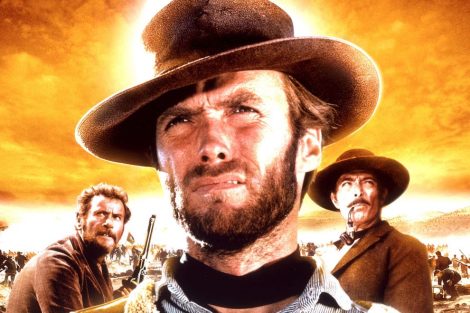In much of the planet, the worst of the crisis is just beginning. However, what we have experienced since the last days of last year allows us to glimpse some first lessons and even opportunities.
Without a precise order, or ranking, here is a part of my first reading:
Progress in the field of health is undoubted. A century ago, when the world population was 1.8 billion, Spanish Flu killed tens of millions – perhaps up to 50 million – and infected a third of humanity.
Now that we are 7.8 billion human beings, at the end of the first quarter of the pandemic count does not exceed 700,000 infected and over 30,000 dead. They are many and without a doubt, they will be more, but exceed 2 percent of the population? From today´s optics, it seems impossible.
Beyond the genetic difference between the influenza of las century and the coronavirus of today, it should be evident that hygiene conditions and basic knowledge about the care necessary to prevent the disease are now much greater than when leeches and chicken broth were still being used as “remedies”.
Of course, the foregoing does not minimize the aberration that at the beginning of the third decade of the third millennium almost 1,000 million people will have to face the problem without access to basic hygiene and health infrastructure: running water and drainage. And even worst: many more will not be able to obtain the essential medical equipment they will need to breathe.
At the end of the day, these are other times and although we continue without finding a cure against viruses, we have more and better tools to face them.
Globalization is much more than a fad. Beyond the obvious stupidity of pretending to stop a virus 10 times smaller than the thickness of a hair with concrete and metal walls or closing borders, the current crisis is, in itself, a demonstration of the scope of the level of interaction and contact between those who inhabit this planet.
The fact that there are more than 200 countries and territories with registration of infections of a disease that, as far as we know, arose less than half a year ago in a province located in south-central China, should be enough to recognize that, in many ways, the human species is part of the same global village.
Despite what populist rhetoric proclaims, the economy is global. And although international migration still it´s a phenomenon that involves less than 5 percent of the world population, it should be clear that claiming for total isolation is plain insanity.
The very cacophony of the media response in the vast majority of countries is one more example that, in general terms, “the formula” of how-to face the problem is the same for everyone: (1) take extreme hygiene measures, (2) seek self-isolation and (3) pray for the miracle of the multiplication of the pulmonary ventilators.
Humans are very fragile beings. For those of us who decide to place our religious thinking on the amazing advancement of science and technology of the last generation, both the increase in the world population and the extension of people’s life expectancy are quite clear signs that we are moving towards ahead.
The brutal deterioration of the environment and the (almost) unimaginable gap between the top 1% of the richest and most powerful and the rest of us, seemed to be the two great challenges of our time … until an unknown and probably fortuitous circumstance caused a molecular mutation in a virus present inside a strange animal called pangolin (which is not a bat) did manage to infect humans.
Among royalty, heads of state, elites with access to international travel, in a matter of weeks, “the China virus” spread everywhere. And when the death toll reached 1,000, the World Health Organization – which is by far a good letterhead for the international bureaucracy – decided to give it a proper name: “Corona virus disease” (COVID-19).
We can all get sick. Chancellor Angela Merkel was the first political leader to ensure that sooner or later 70 percent of the German population will eventually become infected. It’s not clear to me why, but that single statement dampened my enthusiasm for the next exploration to Mars, the flying cars or the home office.
Governments and macroeconomics are overrated. Confronted with an existential dilemma, the collapse of financial markets and the impending global economic tsunami somehow seem less frightening.
Even President Trump’s digital outbursts, who one day deny the problem, the other closes borders and soon after – when the United States is the epicenter of the outbreak of infections – promise an imminent return to normality, all of that makes less sense than usual.
When the message of caution is as powerful as it is now – so much so that it often mutates in fear, panic and hysteria from one moment to the next – it seems clearer than in “real-reality”, people of flesh and blood we will have to face most of this situation by ourselves.
In Mexico, as in most countries in the world, most of the economy occurs within the so-called informal sector. In addition, more people live daily than those with a secure income. In this context, the heated media discussion about whether the “economic rescue” should be expressed in direct support from the dad-government to more than 100 million people or through sophisticated subsidies to large companies, nor does it seem too relevant.
At the end of the day it is much more what depends on each of us. The post-covid world will be defined by what we do or don’t do as individuals, families, and communities; The new reality will be determined by our sense of solidarity and our values and not by all the stuff preached by the owners of the microphone.










